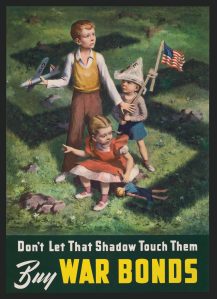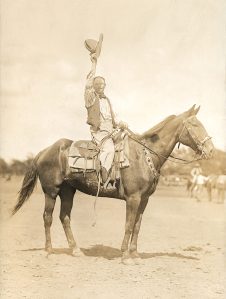Mr. History,
What did Mao and his communist army contribute to the defeat of the Japanese?
Lyndon
? ? ?
Dear Lyndon,
During what the Chinese call the War of Resistance (1937-45), Mao Zedong’s communists established an uneasy truce with Chiang Kaishek’s Kuomintang, which often broke down along the way, usually in regard to assigned areas of operation. The largest communist force, the Eighth Route Army, had only 30,000 men in 1937, but had grown to 400,000 in 1940. Attached to the Kuomingtang as the Eighteenth Army Group, the communist force operated independently in northern China, mostly as guerrillas who made it difficult for the Japanese to venture outside of the cities they controlled. In August and October 1941 the communists conducted large-scaled offensives, sometimes inflicting costly defeats on the Japanese, but the Japanese hit back hard and by the end of the year the army had lost 100,000 men to death or desertions. Meanwhile, in central China the communist New Fourth Army was conducting guerrilla operations while trying to gather civilian cupport—for which the Kuominting ordered it out of the region and attacked it when it did not move out punctually enough.
By the end of the war, the communists claimed to have fought 19,000 engagements of varying sizes, during which they inflicted a million casualties (dead, wounded and captured), of which almost all of their 150,000 prisoners were Chinese puppet soldiers collaborating with the Japanese, since the Japanese usually fought to the death rather than humiliatingly surrender to people they regarded as their racial interiors. Actual Japanese combat deaths in China totaled 396,040 compared to a total of 19,605,000 Chinese killed—of which only 3,800,000 were Kuomintang or communist soldiers. Besides using their mostly guerrilla strategy to increase their numbers (the Eighth Route Army had grown back to 400,000 by 1945), the communists also captured 320,000 rifles, 9,000 machine guns and 900 artillery pieces from the Japanese. These by-products of Japanese defeat would give them a new lease on life in 1946, when hostilities resumed in China’s Third Civil War between Chiang’s Kuomingtang and Mao’s redesingated People’s Liberation Army.
Sincerely,

Jon Guttman
Research Director
World History Group
More Questions at Ask Mr. History




